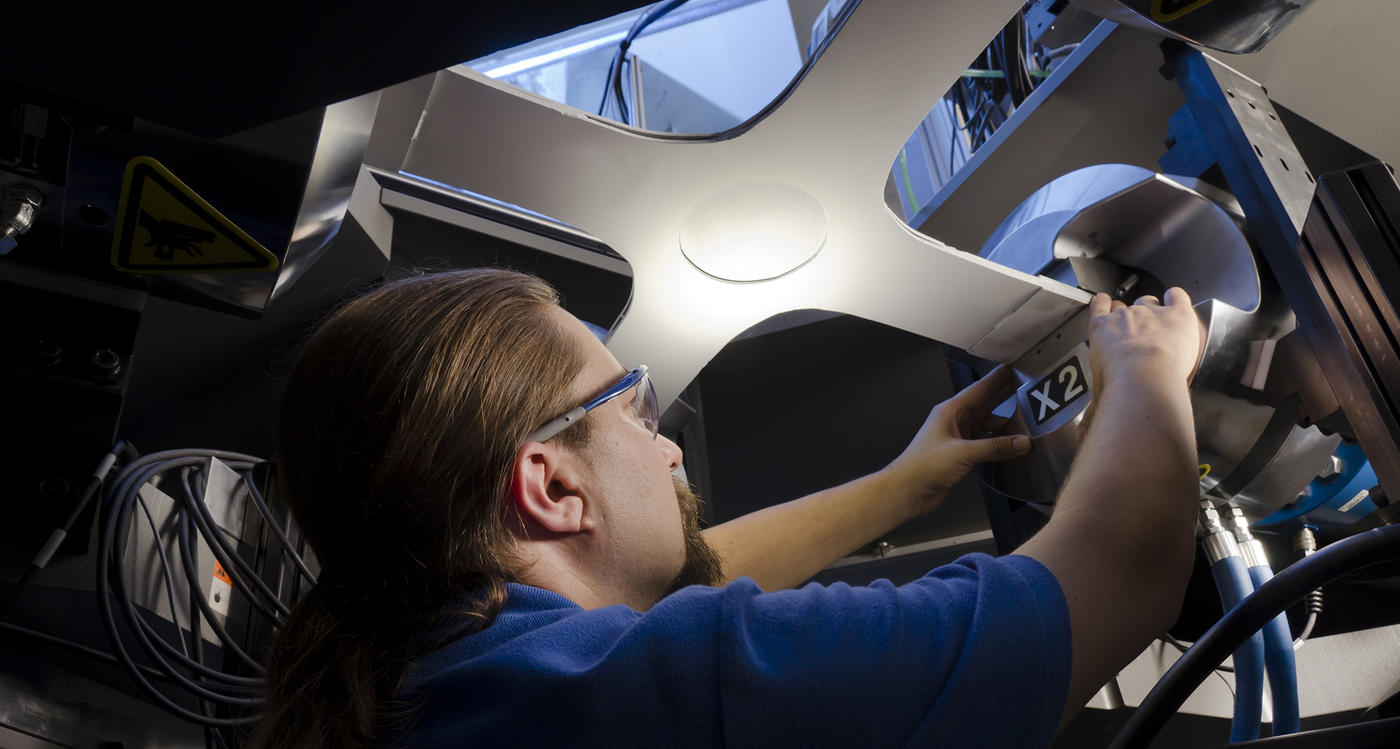*Update in Progress*
For the most up-to-date information, visit Automotive Lightweighting.

With increased understanding of the properties of advanced materials, the U.S. automotive industry will be able to transition to new advanced and lightweight materials more easily, as more accurate data and material models will lead to more accurate die designs, reducing die tryouts and new model development costs.
The use of lightweight materials in vehicles will significantly increase fuel efficiency and cut emissions, but the auto industry lacks data and material models needed to reliably manufacture vehicle components from lightweight substitutes, including aluminum alloys, high-strength steels and polymer composites. Because of computer models based on insufficient measurements, the U.S. auto industry spends hundreds of millions of dollars per year reworking metal forming dies that do not make correct parts.
We welcome ideas for collaborations with industrial, academic and national lab organizations that make use of our unique experimental capabilities.
Projects and Programs
Blogs
Contacts
-
(301) 975-5703




